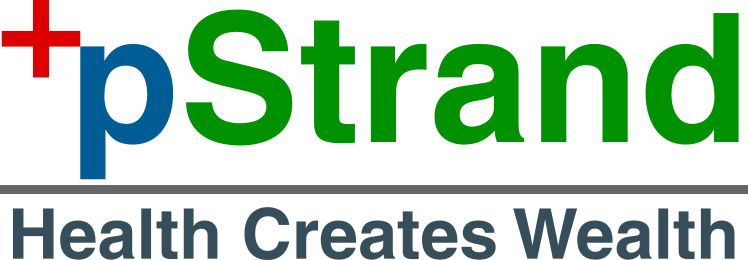Event: The Kite Pharma senior management team came to UCLA CTSI Auditorium and gave a very nice seminar about the company and answer quite a dozen questions. It was presented by Arie Belldegrun, MD, Chairman, President, CEO. Others participated as panelists.
CNSI Entrepreneurship Forum
Presented by UCLA Business of Science CenterTuesday, May 26, 4 PM @ CNSI Auditorium
Kite Pharma's Journey from a UCLA Incubator to NASDAQ Listing
Hear about how UCLA faculty co-founders formed Kite Pharma,
and the factors that led to their successful IPO.
Kite Pharma's competitive advantage:
- Best team
- Well financed 470M in bank
- Efficiency
- Partner
- Pipeline
- First NHL(Non-Hodgkin's Lymphoma) trial
- IP
- Manufacturing
History
Kite was founded in 2009, expanded rapidly. Arie Belldegrun is not only an outstanding professor and doctor, but also a serial entrepreneur: founded and sold Agensys, Cougar.
Technology, Market, CMC, FDA
- First product KTE-C19 CAR-T TCR aim for 2017 to market a) IP b) license co-op c) manufacturer
- Anti-CD19 CAR-T very effective against B cell cancer.
- Target portfolio: long list. B lymphoma also B ALL are lead targets
- 2015 a few in clinical stage
- Commercial scale manufacturing - Santa Monica site for clinical - LAX site for commercial
- CAR to TCR 27% to 73%. The potential for TCR therapy is even broader.
- On many aspects, it is completely new to FDA too. So FDA is working with Kite Pharma at many these aspects.
Team
Kite has an experienced senior leadership. It was the 1st cancer immunotherapy company, now at least 20 companies are engineering T cells. Introduce David D Chang (CMO) and CSO Margo Roberts.
IP
With Steven A. Rosenberg and others, Kite collected important IP assets very early on. Some are exclusively licensed to Kite Pharma. So Kite Pharma's IP portfolio is very complete and strong. Almost any company that wants to do CAR-T and TCR has to talk to Kite Pharma.
Q&A:
Panel:
- Scott VP from Amgen <= law firm: IP assets early on
- Haolin Kent: business development from Chiron (IL-2)
- David D. Chang, MD CMO: midlife crisis, want to change, do something different (not just getting a Porsche) -> Amgen: believe/think; differentiate/do; group of people
- Tony
- ?
Technology:
- Q: Room to improve efficacy? A: Combine checkpoint inhibitors: PD-1L; CTLA-4
- Q: Competition from big pharma? A: Mostly players waiting on the sidelines; they need expertise from universities.
- Q: Any unknown risks? A: Plenty room to perfection. We had to communicate the risks extensively. Risks consists of two-thirds of SEC book
- Q: How about bankruptcy of Dendreon? A: Dendreon was DC therapy, not T cell. DCs are harder to handle, do not proliferate easily. Dendreon is a business failure, but a technology success. A historical milestone first approved cell therapy. There are for sure lesson learned.
Business and Finance
- Q: How did you deal with Amgen: A: Get cash, limited given away: only allow them to do specific target.
- Q: Why IPO not VC? A: We considered the market condition, IPO is a better option. We did a crossover deal with some big guys, who helped IPO later. Successful IPO, raised 500M with limited dilution. Company value increased from 35m to 2.5b in two years
- Q: How do you plan to spend your money across aspects? A: We are well-financed and have planned out spending till 2017 when our product hits the market.
- Q: How profitable? A: Cost vs charge. PD-1L CTLA-4 $200,000/year CAR-T $40,000/infusion. Rest is profit.
- Q: How did you get such successful IPO?A: Well, if you want to sleep well, stay private. With that said, 1) you need to find a good CFO. We found one in Bay Area. She did three IPO before, never wanted to do it again. We invited her down to SoCal and convinced her. 2) You need to have a team. Road show is very demanding.
Career
- Q: How could you be a doctor, professor, entrepreneur at the same time? A: Time management
- Q: How did you get it rolling? A: After selling Cougar, we asked ourselves: what's next big thing? Answer: Immunotherapy. There was no company at that time, easy to acquire IP. It's cumulative, it's a process, not one moment.
- Q: Did UCLA help? A: UCLA has never been a problem. Some leading universities are. Once a professor told me he dreads to start a company; but it is impossible to do with his university.
